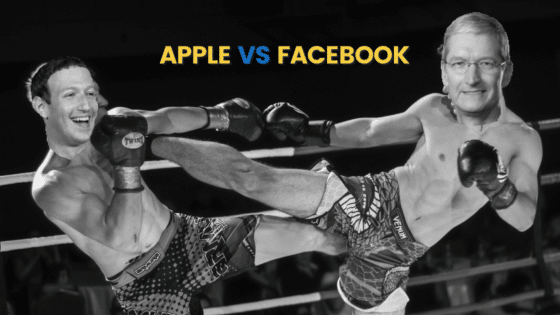Author, Alice Yu Yuebo
Earlier in January, I had the opportunity to share about key marketing trends in China at Clickinsights’ Digital Outlook 2020 around: Speed, Empathy and Connectivity. Among the number of case studies I’ve picked, I advocated the most for Corona Beer’s viral campaign on the “rubbish classification policy” – not only it’s a great practice of trend jacking, but the whole operation is agile, community-centric and adopts the best sense of humor and creativity. Upon the time, I never expected that another thing with also “corona” in its name, would bring unprecedented impact to global brands and the economy in the next few months.
The COVID-19 pandemic is driving rapid changes everywhere in our lives, while brands face a magnitude of challenges towards health and safety, supply chain, employment, cash flow and shifting consumer behaviors. Let alone the way they run marketing. As I watch closely how businesses in both China and Singapore are reacting to the COVID-19 crisis, I find the three key China marketing lessons that I highlighted at the speech still relevant. Of course, this time there are new outstanding practitioners who are worth mentioning.
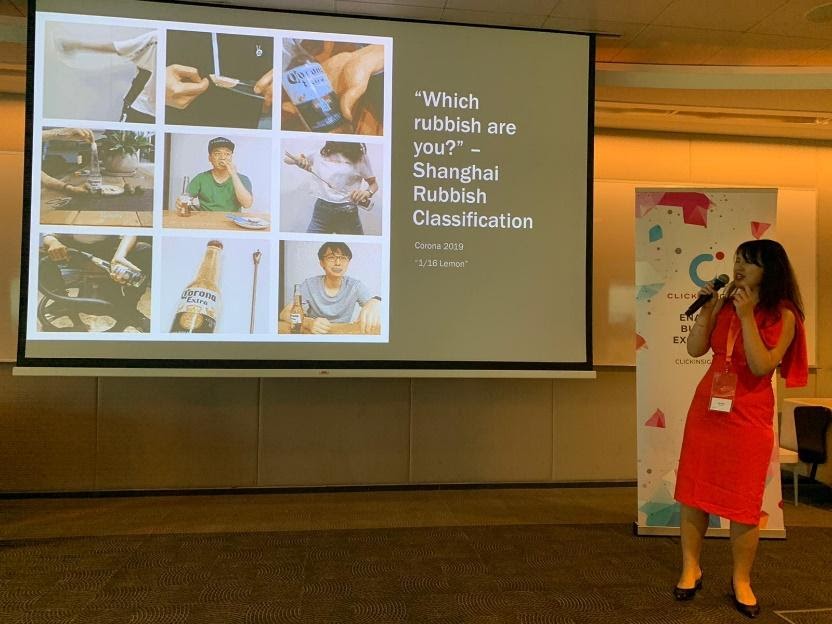
McDonald’s China’s “217, Love Together” Promotion for its Apple Pie. For those who are based in Singapore like me, McDonald’s now becomes an old time dream since the business’ announcement of closure at the start of Circuit Breaker. Meanwhile in China, McDonald’s China branch delivered a tranche promotion for the classic Apple Pie via it’s WeChat store and was praised by many China marketing professionals.
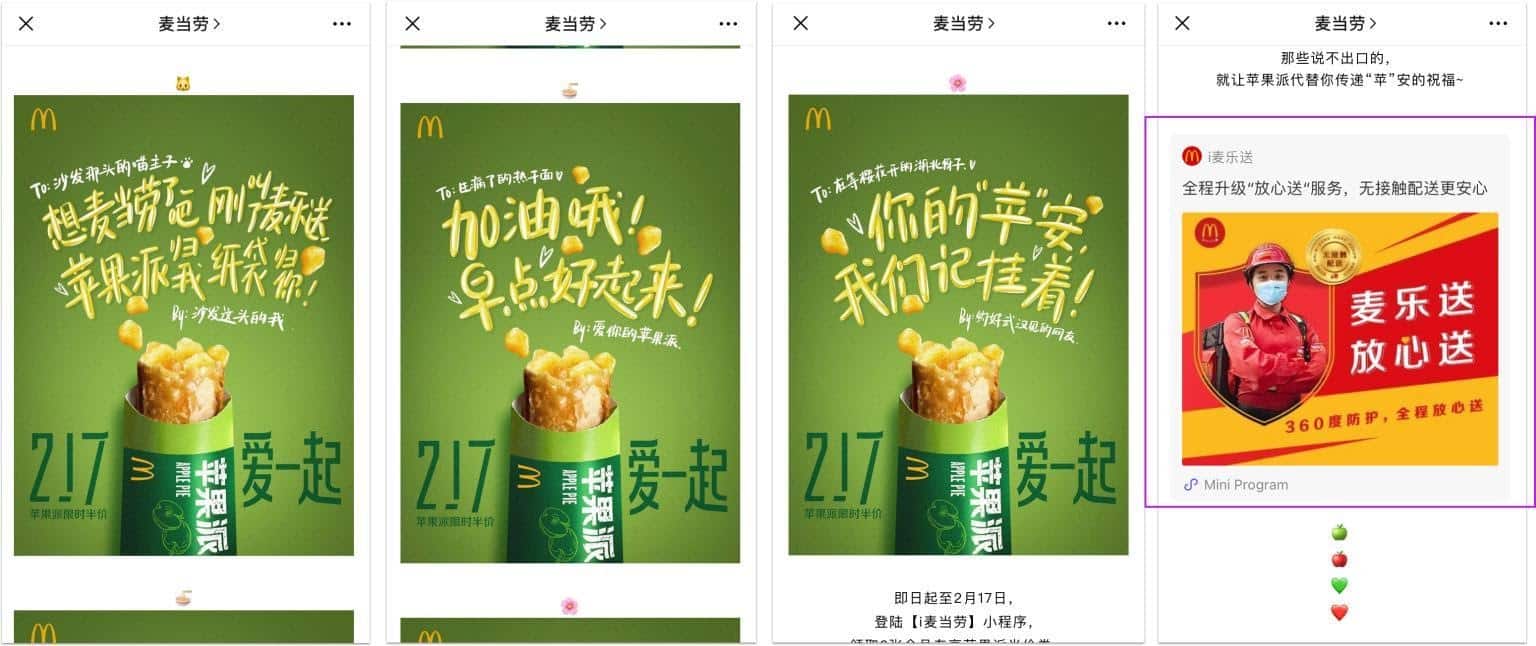
It was the beginning of lockdowns in several cities in China. In Chinese, the pronunciation of “apple” (píng guǒ) is similar to “safe” (píng ān). Therefore, people always recognize apples as the token of health and well-being. It’s just the best time to promote apple pie to echo with consumers’ wanting of safety. I’m impressed by how fast the brand reacted towards the national policies and people’s emotions, meanwhile, how brilliantly it played around with homophonic and representative meanings in its advertising language.
The three copies translate as “Hey kitten, do you miss McDonald’s? Just call for McDelivery. Your master will have the apple pie, and you will have the paper bag.” – This directly addresses the passion points of young cat-lovers who call themselves “kitten slave” (māo nú) and raise the sense of belongings; “Hey noodles, gets better soon!” – If you’ve been to Wuhan, you’ve probably heard about one of it’s famous local desserts, “hot noodles” (rè gān mìan), which then becomes a symbol of the Wuhan city. This frame sends a warm and loving message to Wuhan residents to encourage them to get through the fight; the last line even speaks to people in Wuhan directly – “Hey Wuhan citizens who are waiting for the cherry blossoms, we always keep in mind your safety!” – as everyone’s hoping the virus will be gone by the cherry blossom season.
Just simple visuals and words have humanized the brand and made a lasting positive impact – isn’t this a good example of Agile marketing? Small scale, fast response to changes, rapid ideations and execution…all these we could learn from McDonald’s apple pie campaign.
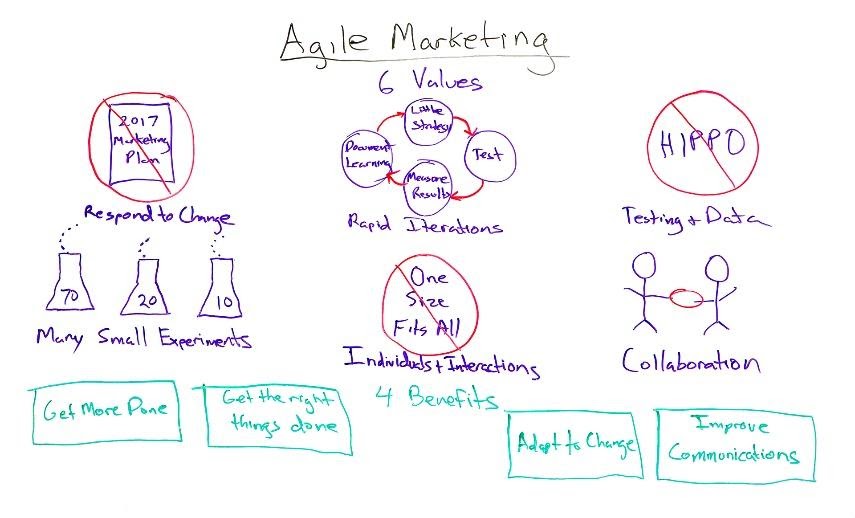
Tiktok’s Donation Stickers. It seems that no one can omit talking about TikTok when it comes to China marketing. The Chinese video-sharing social networking service just announced the launch of a new in-app feature named Donation Stickers in May, which allows creators to help raise funds within their videos and TikTok LIVE streams for the charities and causes they care most about.
According to the company’s official LinkedIn page, “Donation Stickers are interactive and can be embedded directly in videos and TikTok LIVE streams, just like other creative effects in TikTok. When a user taps on the Donation Sticker, they will be guided to a pop-up window where they can quickly and easily submit a donation without having to leave the app.” TikTok also says it will match the first $10 million donated globally until 27 May. The stickers are currently available in the US, UK, France, Germany, and Italy – some of the most impacted cities by coronavirus.
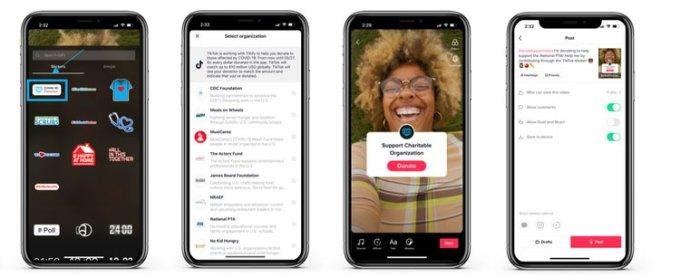
With millions of people’s jobs and income being hit by the COVID-19 outbreak, the stickers open up a window for TikTok creators to show their empathy and conduct fundraising without having to leave the app. It also aligns with communities hit hard by coronavirus shutdowns such as actors, musicians, educators and restaurant workers.
As said by Sean Kim, TikTok U.S. Head of Product, “During this time of uncertainty, our community has come together and given back in countless ways, from applauding health care workers to sharing inspirational messages on how to stay safe and happy at home to making original coronavirus songs to spread positive messages. We’ve been impressed and heartened by the selfless steps our community has taken to help each other, and now we’re excited to be able to give our users another way to make a positive impact.” – truly a lesson that many other brands can learn about.
Bilibili’s Motivational Youth Day Video. A more recent example of empathy-driven campaign is from Bilibili, a Chinese video sharing website themed around animation, comic, and game with over 127.9 million monthly active users. On the evening of May 3, a day before “Youth Day” memorial in China, CCTV, the biggest TV station in China, broadcast a youth-themed video from Bilibili. It was then posted by six mainstream media outlets in conjunction with Bilibili, generating more than 6.8 million views and also being widely shared and discussed on other social media platforms, including Weibo and WeChat.
The 4-minute video named “The Rear Waves: Bilibili’s speech for the new generation” is narrated by He Bing, a famous Chinese actor, and features clips and images uploaded by Bilibili users. It presents young people’s struggle to express themselves and embrace the world and in the meantime, carries forward inspiring messages for the young generation to pursue their dreams.
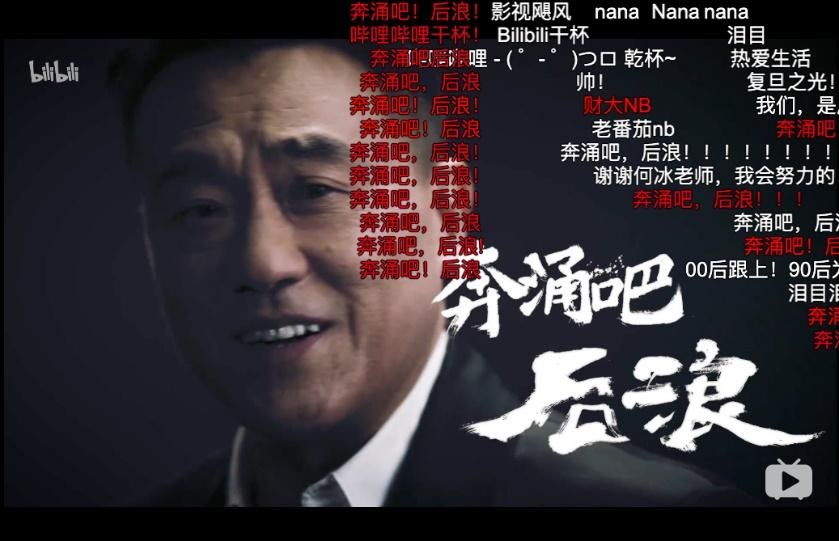
No matter how people criticize the video, one thing for sure, it touches the heart of many and racks up lots of discussions. This just draws my memory back to February when we at Prudential Singapore rolled out a “Together, Let’s #DOgood” film, without any commercial intent behind, we solely want to encourage the public to stay united and spread positivity amidst the challenging time of COVID-19. The video has generated around 500k views on YouTube and shared many times on social media. That’s the power of showing empathy, I guess, to think from your customer’s point of view and show that you care.
Alice Yu Yuebo is the Digital Engagement Lead at Prudential Singapore and Founder of Mama on Palette.
Do you have an article, infographic, podcast, presentation slides, press release or a key individual from your organisation that you'd like to highlight on Marketing In Asia? Head on over to Upload Your Content for more info.
















